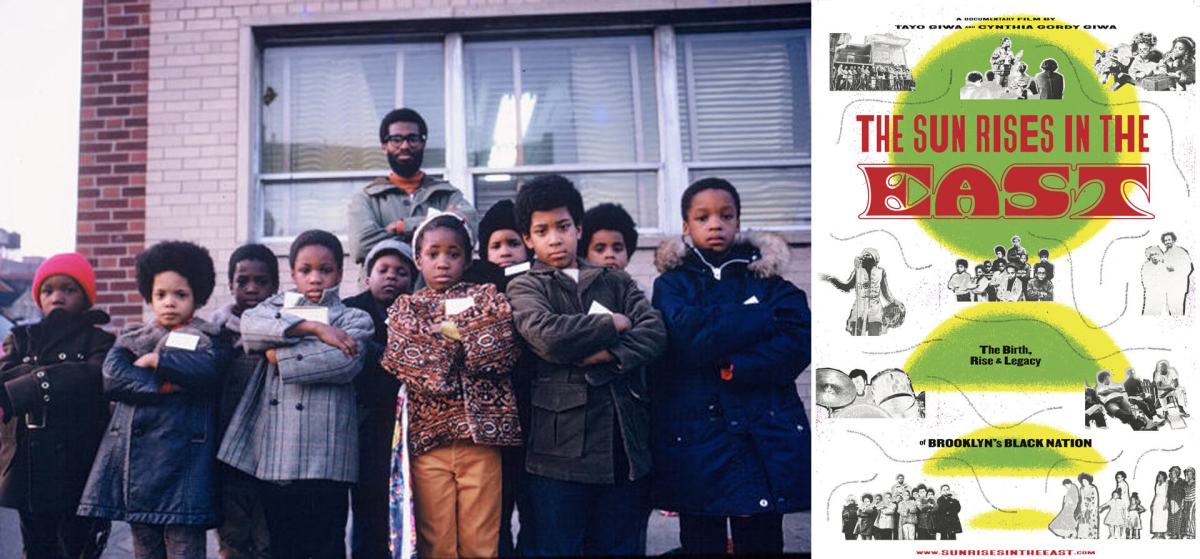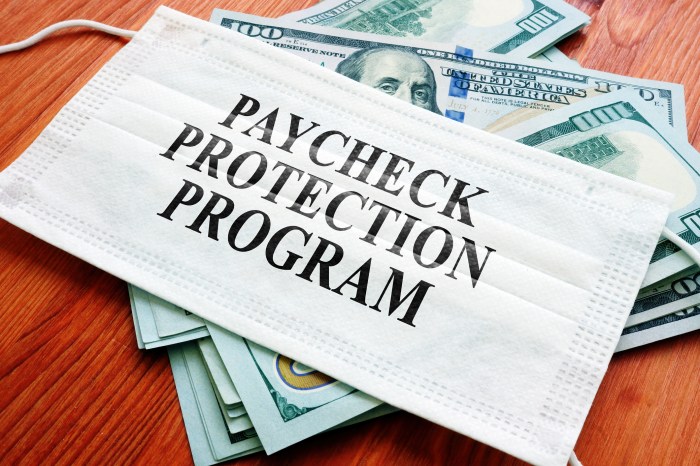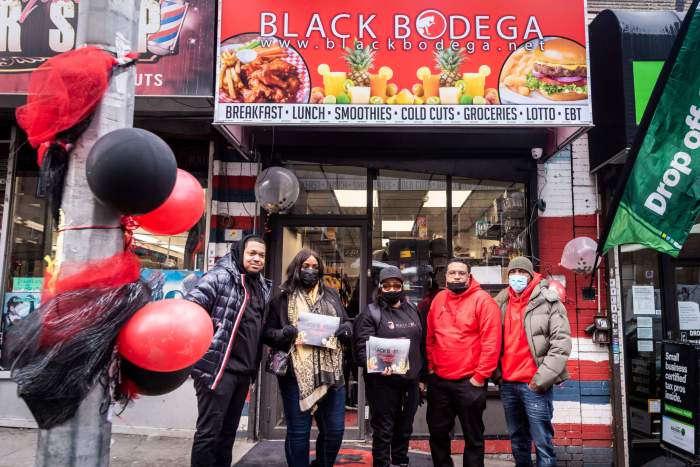A new documentary takes an in-depth look at a Brooklyn-based organization that still impacts Black people across the world.
“The Sun Rises in the East” takes a look at the rise and legacy of The East, a pan-African organization that was founded in Bed-Stuy in 1969. The film was created by Tayo Giwa and Cynthia Gordy Giwa, a husband-and-wife filmmaking team and the creators of Black-Owned Brooklyn.
“We started as a hyperlocal service journalism platform, covering and spotlighting Black-owned businesses in the borough. A lot of businesses in the community didn’t have a lot of information on them, and with Cynthia’s background in journalism, we wanted to put out the info in an accessible way,” said Tayo Giwa. “It really took off, there was a hunger for knowledge about Black businesses. We started focusing on culture and history and it dawned on us that there have been lived cultural experiences that people in the community have deeply felt but have not been given a spotlight.”
“As Tayo and I walked down the street and saw these businesses, I wanted to learn more about their stories. We’d find little info was written at all, which was an increasing experience to not see places like this worthy of coverage,” said Cynthia Gordy Giwa. “The filmmaking is an extension of the work we have been doing. It’s accessible and bite-size but done with substance and information to help people understand the contributions of these businesses while they are being celebrated and preserved.”
The first short film produced by Black-Owned Brooklyn, released in 2020, centered around Soul Summit, a popular house music party in the Fort Greene area of Brooklyn. Following the success of that short film, the Giwas started to dig around to find the next story they wanted to tell. What came up was The East, an organization led by activist Jitu Weusi that truly embodied Black self-determination.
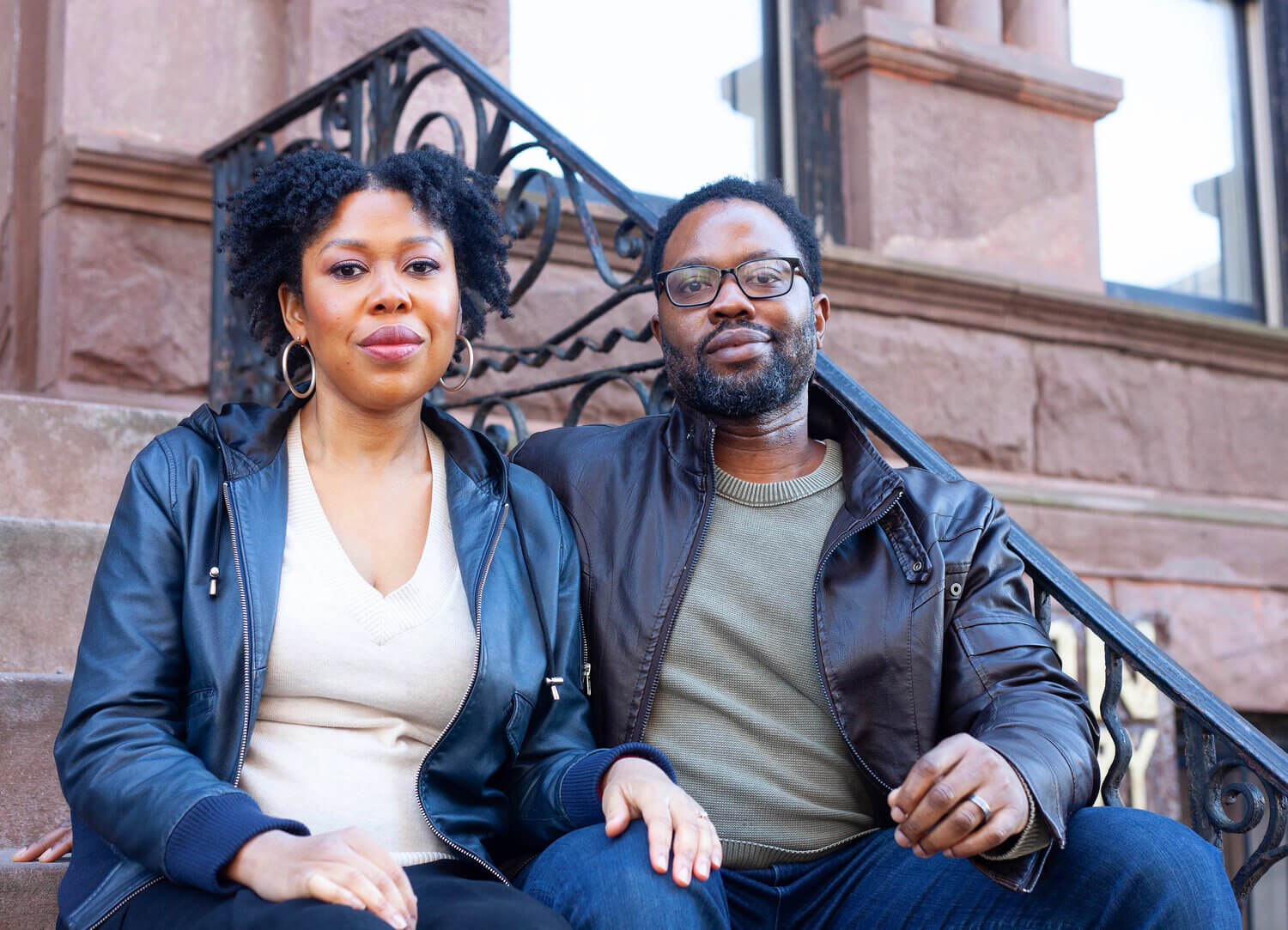
“In the back of my mind, I knew it was a big story. As we continued to do work with Black-Owned Brooklyn, many people would make references to things with The East,” said Tayo. “We knew that there was this deep residual feeling about the organization, but more broadly outside of community directly impacted, not many people know the history.”
“The work that we do in general in telling these stories is to document this history. Black history is often erased, so having this story fully understood in a way it hasn’t been told before was what we really wanted to do,” said Cynthia. “And personally, it’s an interesting story.”
The East was founded in 1969 by young Black adults and teenagers in response to New York City’s 1968 community control experiment, which residents of predominantly Black Central Brooklyn neighborhoods of Ocean Hill-Brownsville were given decision-making power in their children’s education, from school curriculum to the hiring of teachers. When the program was ultimately dismantled, The East was created to start their own institutions outside of the system.
“They thought, if we can’t control the schools in the public school system, we’ll create our own. One thing that’s remarkable about The East is it had extraordinary leaders but at the same time was celebrating Black culture,” said Tayo. “There’s the idea of people in the Black Power movement being angry radicals, but The East was full of love. The idea of celebrating Black culture in our community ties through everything they did. People to this day are impacted by the movement.”
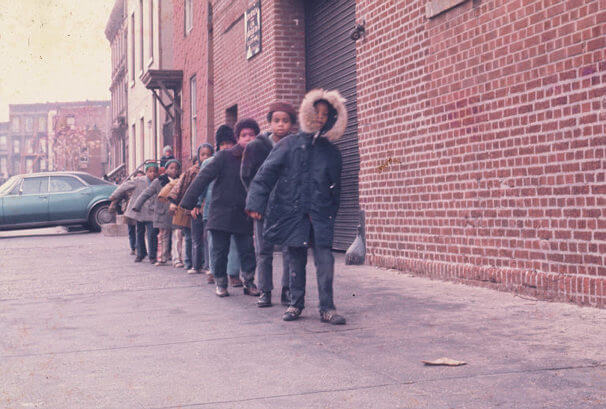
“The Sun Rises in the East” explores the deep, rich history of The East. The organization not only served as a space where Black people could be educated in an African-centric school, but also was a place where jazz musicians and poets could perform. The East was home to over a dozen institutions, including a food co-op, a bookstore, a restaurant, a newsmagazine, a publishing company, a record label, and a clothing shop.
“The East was also a meeting place for contemporaries in the 1970s. It’s important to know what The East was, to know who Jitu Weusi was in understanding the era,” said Cynthia. “The East also has a strong legacy in Central Brooklyn. The culture of Central Brooklyn with Black pride, the red, black and green flags, all comes from somewhere. The abundance of Black-owned businesses is something that people enjoy and know because they’re there, but it’s a tie to The East building the spirit of ownership and pride in our own businesses.”
“The Sun Rises in the East” is premiering at the Brooklyn Academy of Music (BAM) on Feb. 24, which has already reached capacity and is sold out. The Giwas hope that those who are able to see the film after it becomes accessible to the public will see what a profound impact The East had not just on Brooklyn, but on Black people across the country and the world.
“In the history telling we do, we want to give reverence to the history and experiences in the community. Sometimes we find our history in our community is not seen as important until outsiders come in and say how awesome it is,” said Tayo. “If you’re not in the community, you might not know how big of a deal this story is. I’m hoping to show how deeply impactful The East was in Central Brooklyn and beyond. People within the Black liberation movement looked to the model of The East for inspiration. I hope we bring The East into the lexicon and common understanding of that era.”
For more information, visit www.sunrisesintheeast.com.



